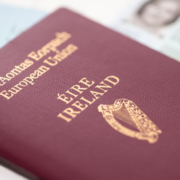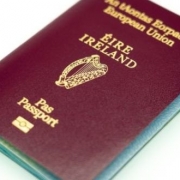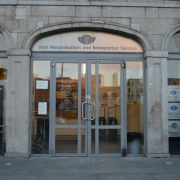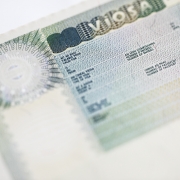PROCESSING TIMES FOR FOREIGN BIRTH REGISTRATION
The Department of Foreign Affairs have stated on their website that the current estimated processing time for Foreign Birth Registration (FBR) application is over two years.
Otherwise known as Citizenship by descent, FBR applications are a complex process, requiring applicants to submit official documentation relating to three generations, which may have been issued by several jurisdictions.
The DFA’s guidance for FBR applications on their website states that there has been an increase in the number of these applications being submitted, and notably they have seen an increase in the number of incomplete applications.
The DFA’s guidance emphasises the importance of submitting the required, original documentation and paying the appropriate fee at the time of application to avoid any delays in the processing of your application.
At present the guidance states that after all the correct physical documents are received it takes over two years to process a Foreign Birth Registration application. The website further sates however that they have set up a new Foreign Birth Registration teams in an aim to manage the increased volume of applications and efficiency.
This blog has been drafted with reference to the following website:
https://www.ireland.ie/en/dfa/citizenship/#Foreign%20Birth%20Registration
For further details on applying for Foreign Birth Registration, please visit the following link:
https://www.ireland.ie/en/dfa/citizenship/born-abroad/registering-a-foreign-birth/
Berkeley Solicitors are available to provide support and assistance to any Foreign Birth Registration applicants.
This blog article has been prepared on the basis of current immigration law and policy, which is subject to change. Please keep an eye on our blog and Facebook page where articles relating to updates and changes in immigration law and policy are regularly posted.








